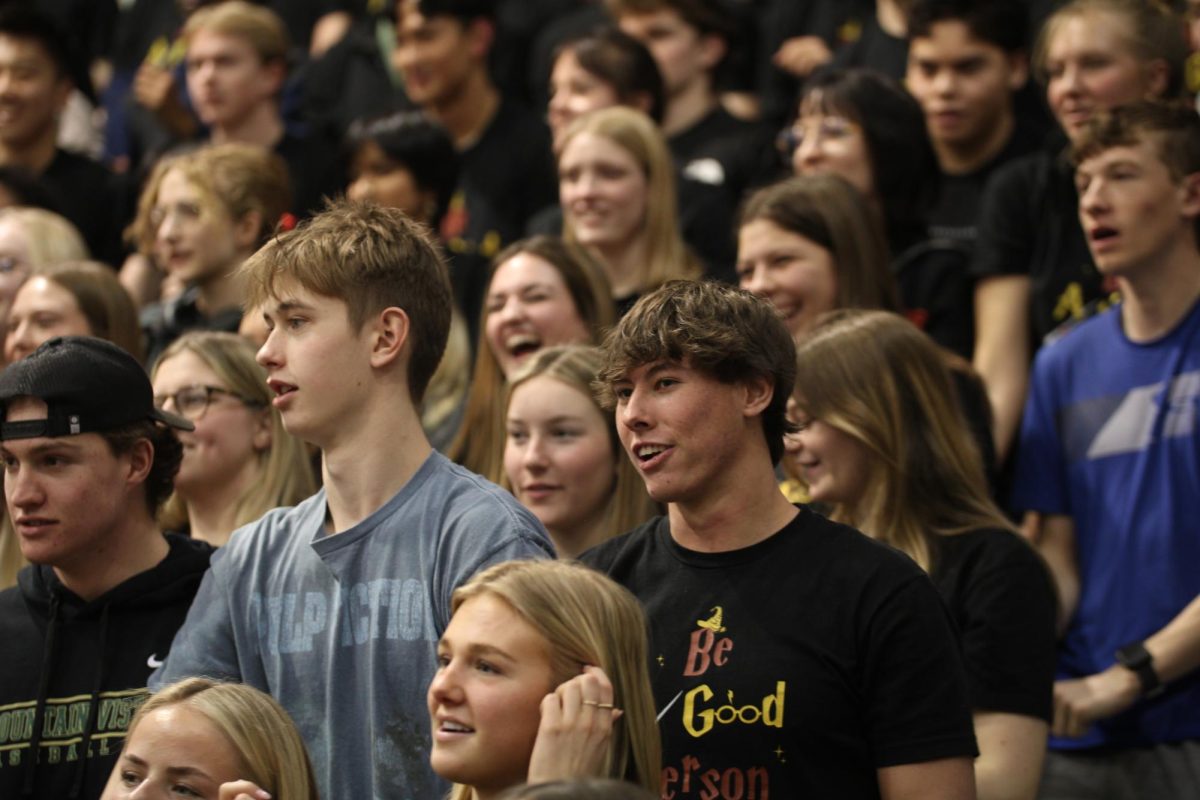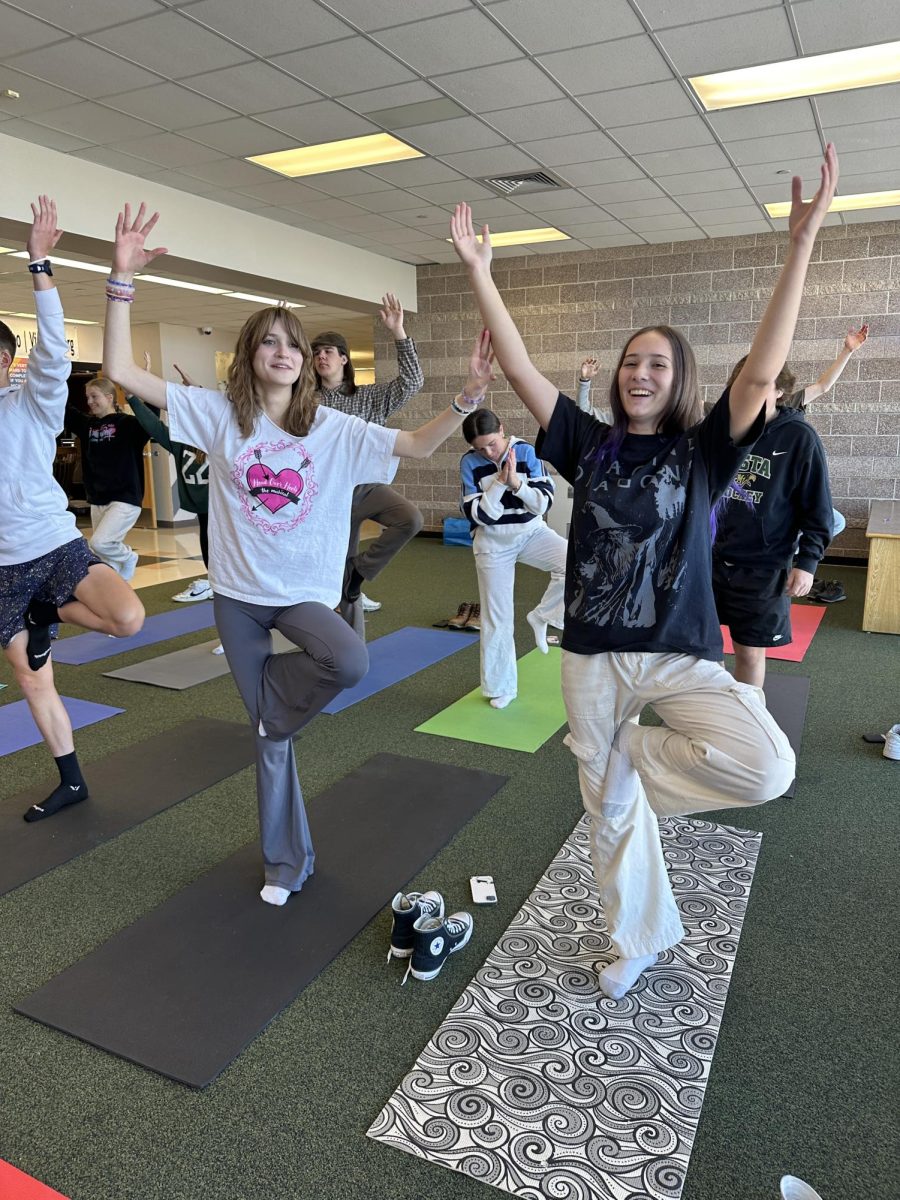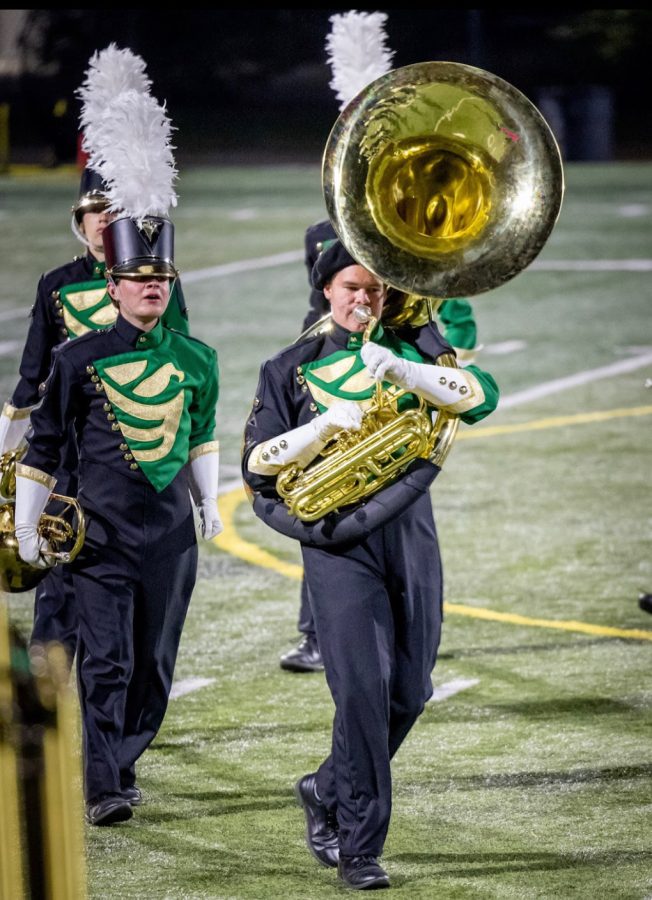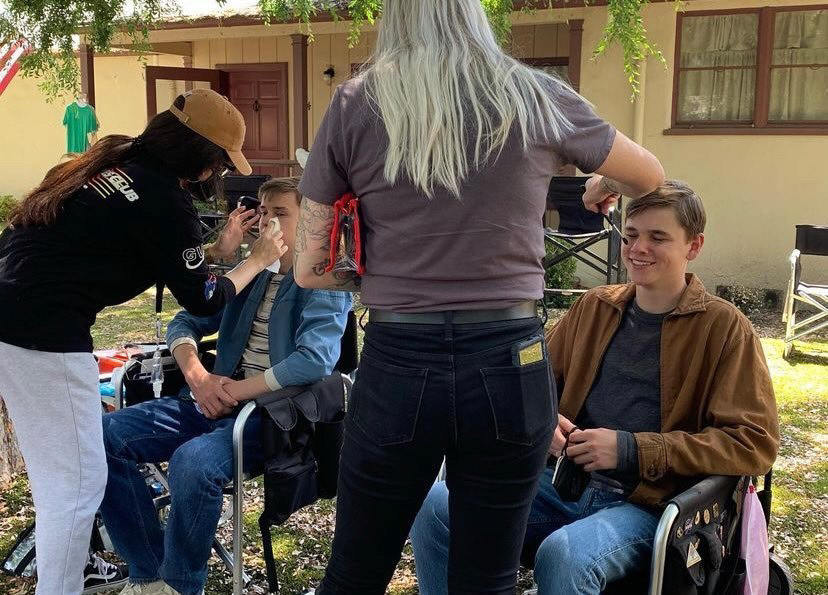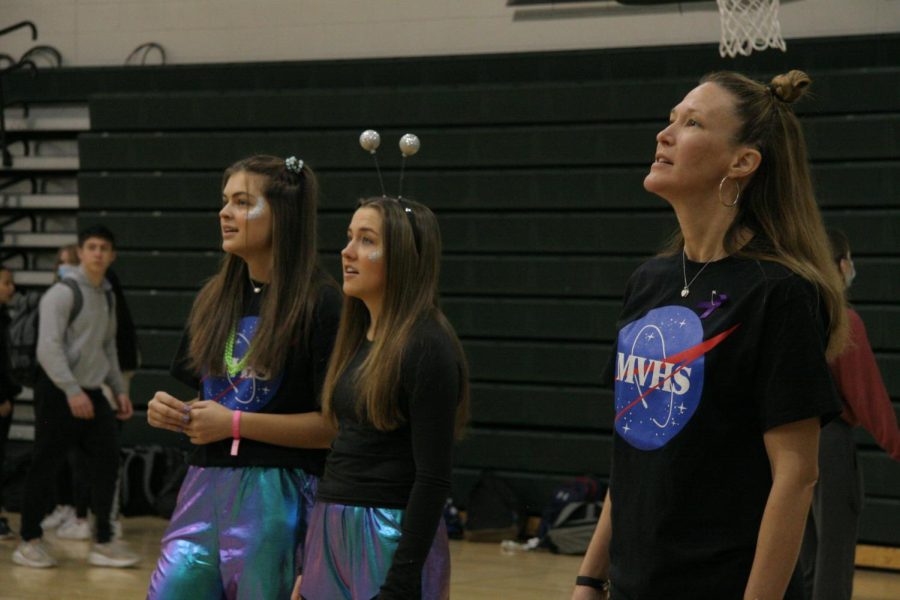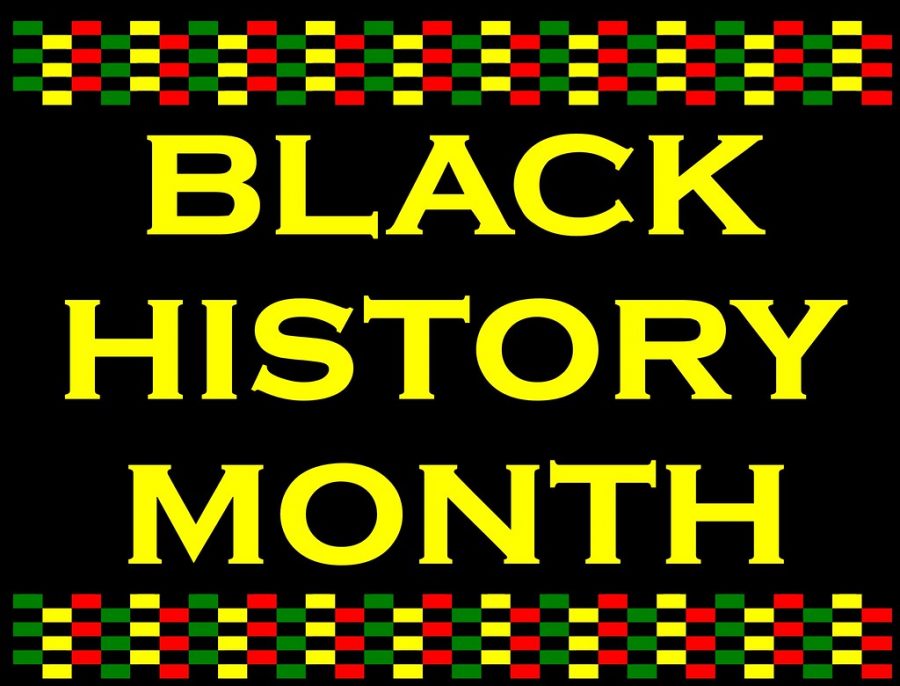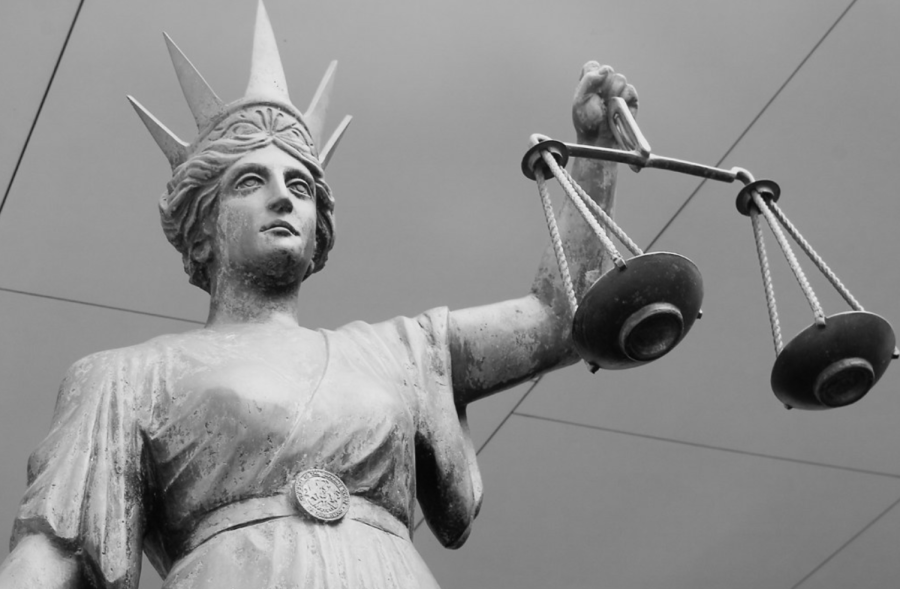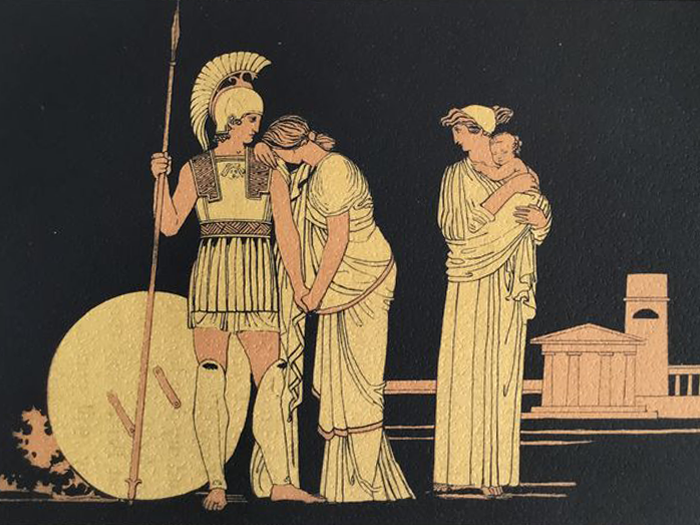OPINION: “Joker” review- a film like no one has ever seen
//SAM EVANS//
Reviewers hate it, but everyone else loves it. With such controversial opinions, who drew the correct conclusions about the film? An art piece to many, this film is not just about politics or violence. It is about how Gotham City’s economy, system imbalance, obsession and Arthur’s continued and untreated mental illness lead to Arthur’s slow rise to the insanity that defines the Joker character. This rise, combined with the hardships that Gotham City entails and Arthur’s evolving and untreated mental illness drive the movie in a truly captivating way.
That being said, many people are up in arms about the type of politics included in “Joker.” The Joker is a nihilist and anarchist, not a politician. He wants to put power into the hands of the people who have been weighed down by everything wrong in Gotham City. What is refreshing is that many of those people, besides reviewers, who complain about the politics and violence in the film haven’t even seen it.
“The film is the statement, and it’s great to talk about it, but it’s much more helpful if you’ve seen it,” Todd Phillips, director of “Joker” said at the New York Film Festival. “There’s been so much conversation around the movie by people who haven’t seen the movie; think pieces written by people who say, ‘I haven’t seen the movie. I’m not going to see the movie. I don’t need to see the movie. And then they write two pages about the movie,” Philips said.
Mainstream media sources also had much to say. Brian Lowry, who wrote CNN’s review on the film said “Joker is a work of art in the way any movie is. That said, this isn’t some high-minded art-house flick. It’s a cash grab by a major studio,” Lowry said. A.O. Scott in The New York Times opinion piece on the film said, “Are you kidding me? To be worth arguing about, a movie must first of all be interesting: it must have, if not a coherent point of view, at least a worked-out, thought-provoking set of themes, some kind of imaginative contact with the world as we know it,” Scott said. I strongly disagree.
Critics such as Rotten Tomatoes gave it a 68%, Metacritic only giving it a 59% and news outlets, such as the The New York Times, CNN, The Guardian and The New Yorker relentlessly attacked it. On the other side of the screen, though, are the users, who make up the majority. The user score on Metacritic came in at 9.2 out of 10, IMDb at an 8.9, Google users giving it a 92% (and also worth noting is as of right now), Joker is rated number 9 on IMDb’s Top Movies despite being a recent release. This I can understand.
So with all these conflicting numbers, with the consumers versus the reviewers’ arguments… who is right? To simply put it: the consumers. They took the film for what it was and was meant to be. They took into account the intentions of the film and understood them without taking it too seriously. To the reviewers giving the movie a hard time and misunderstanding the intentions of the film: Are you kidding me? Todd Philips, Joaquin Phoenix and the movie itself are not responsible for people’s actions if any were to be taken in response to the film (which there haven’t been after all this time). It is a movie with a purpose to entertain viewers. It has not and will not spark an uprising, protests or make its way into politics because it is a movie doing its job: to be entertaining and thought provoking.
Having the reviewers cloud up the perception of the film, Ethan Klein, YouTuber and host of the H3 Podcast, had a strong response to the film: “My favorite types of villains are the ones that they can develop in a way that makes you sympathetic to them, makes them relatable on a human level because that’s what real villains are,” Klein said. “They are relatable. They are not just evil for the sake of being evil. They have motivations and they have justifications and they don’t see themselves as the villain. That’s what good writing is. That’s what good character development is.”
The complaints about the maniacal laughing and odd dancing are a misunderstanding of what they represent. It makes the audience feel uncomfortable and brings humanity back into the film after showing the gradual increase in Arthur’s insanity. When I was watching and these scenes came up, it was so many things: creepy, awkward, weird and perplexing. I have never experienced such a feeling before in all my life, and I loved it.
You could tell he was trying to bring comedy and joy into his upsetting life where nothing seems to go right. When these scenes were taking place, my friends and I looked at each other multiple times and even laughed a bit because it was just that uncomfortable. No movie, to my knowledge, has made my friends and I this uncomfortable before and has combined all of these elements so seamlessly. By adding nothing but random laughing and dancing, it adds to the disconnect between Arthur’s insanity and the rest of Gotham City’s insanity.
The entire character of the Joker is to let chaos take its course and to bring out the power-hunger, instability, vengeance and evil that Gotham City residents and humans subconsciously embrace. This is the reasoning for the compelling signs appearing in the movie which say, “WE ARE ALL CLOWNS.” He lets the citizens be in control and do his bidding for him. The power is in the people; Joker simply orchestrates plans and is a symbol for these people–who have nothing else and embrace the ideology–to look up to. He is complicated because of his power and representation, making it no easy task to create a film solely on him. “Joker” is not just about the character, but also about the followers he is able to accumulate.
No one has done an origin story on anything like the Joker. For that, I commend the people behind Joker, but especially Todd Phillips and Joaquin Phoenix, who poured their hearts into this film, but who haven’t been getting the feedback they deserve. They were not afraid of putting something potentially controversial out there, and felt that it was an important movie to make. They both managed to get people to sympathize with such an evil figure and were able to convince us that we are all clowns.


